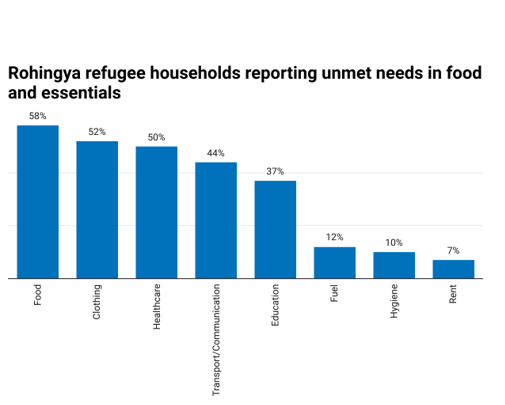
Notable chart: Even with humanitarian assistance, Rohingya refugees face shortages in food and essentials
More than half of Rohingya refugees in Cox’s Bazar face shortages in food and essentials even after receiving humanitarian assistance.

More than half of Rohingya refugees in Cox’s Bazar face shortages in food and essentials even after receiving humanitarian assistance.
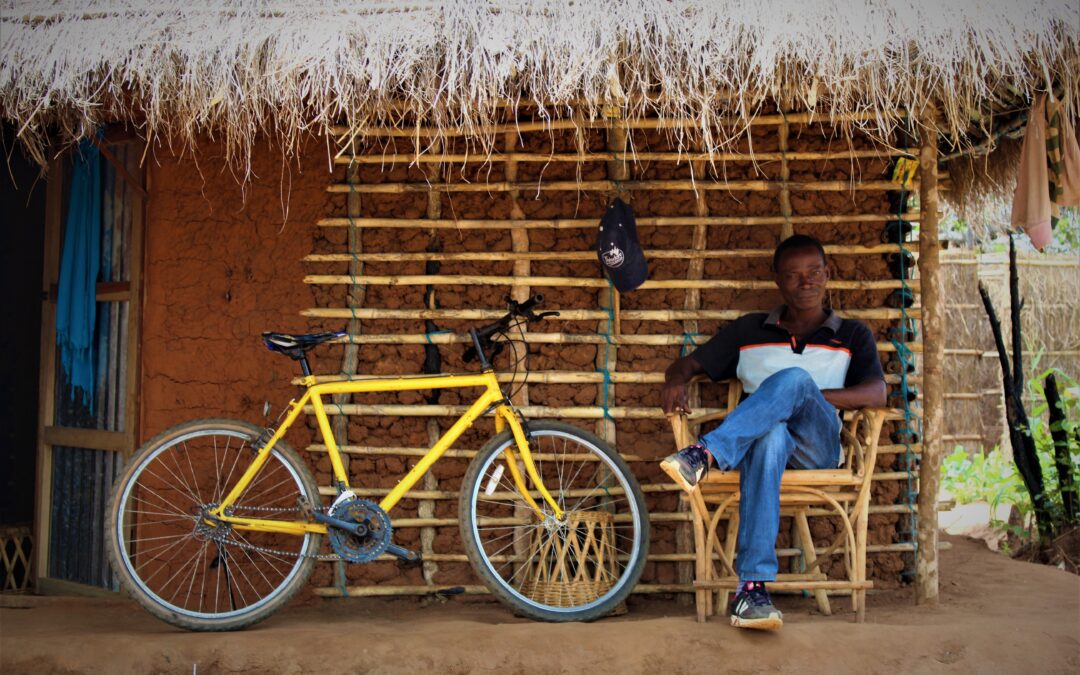
The second Research Conference on Forced Displacement examined the latest evidence on issues including internal displacement and returnees.
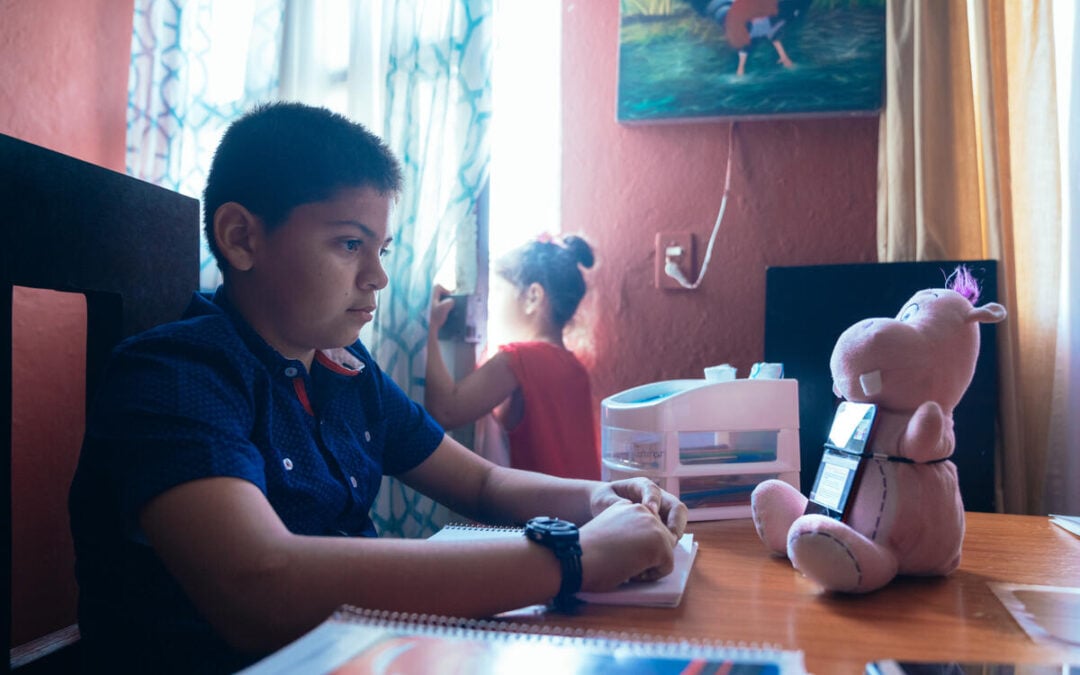

The survey shows that displaced Honduran and Salvadoran households are notably worse off in nearly all measures compared to the Venezuelan population and host community, a fact that must be taken into consideration when designing public policies and programmes for these populations.
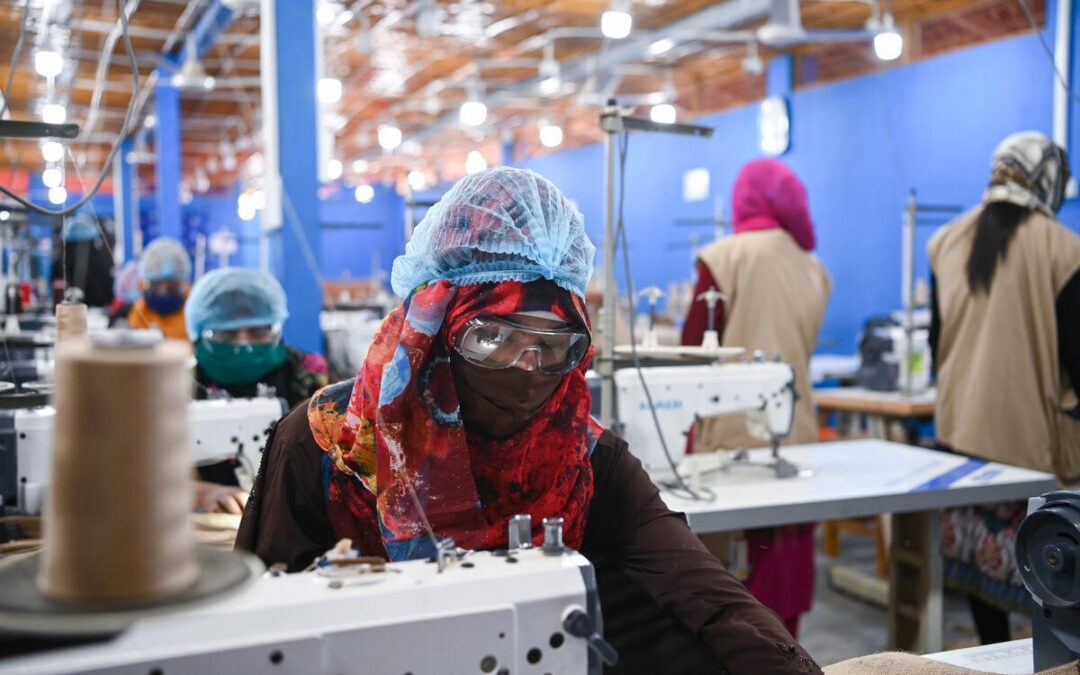
A growing body of impact studies are providing rich insights on the effectiveness of interventions in forced displacement settings and ways to undertake rigorous evaluations in these settings.
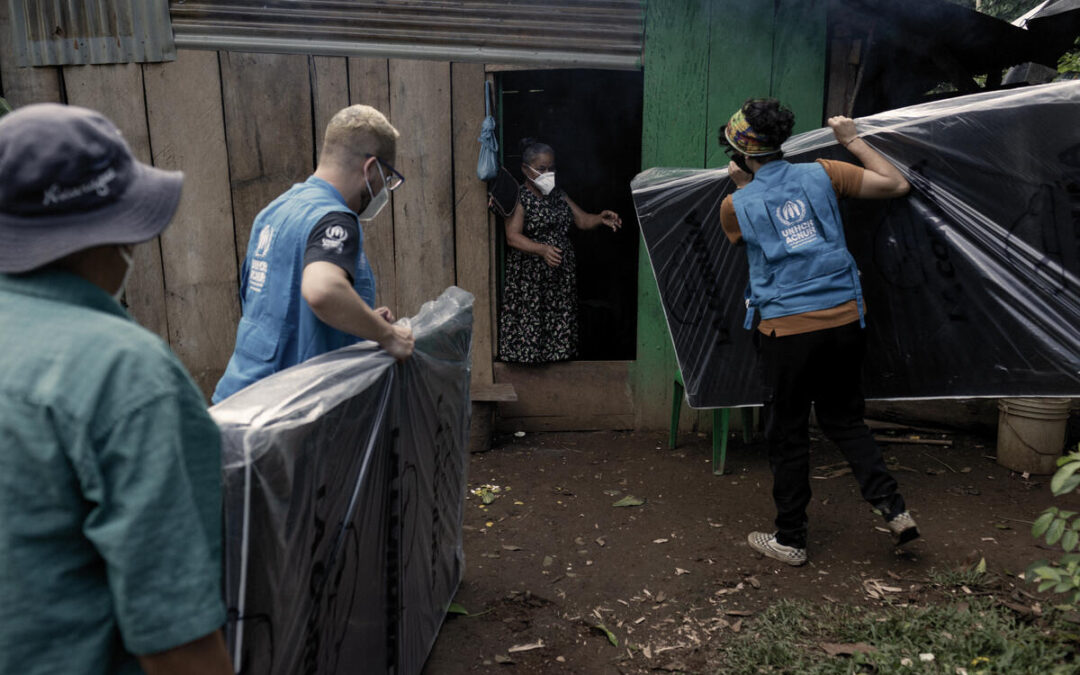
Los resultados de la encuesta confirman los diagnósticos operacionales y proporcionan evidencia crítica sobre las áreas en las que se debe incrementar el enfoque programático: medios de vida, eliminación de la inseguridad alimentaria y fortalecimiento del acceso a los servicios esenciales.

High-frequency surveys back up UNHCR’s operational assessment that displaced persons need more support to overcome socioeconomic obstacles while seeking refuge in Costa Rica.
Formative evidence from the Maratane Camp is particularly impactful during this economically volatile time as the global community searches for programmes that help build resilience among vulnerable poor households.
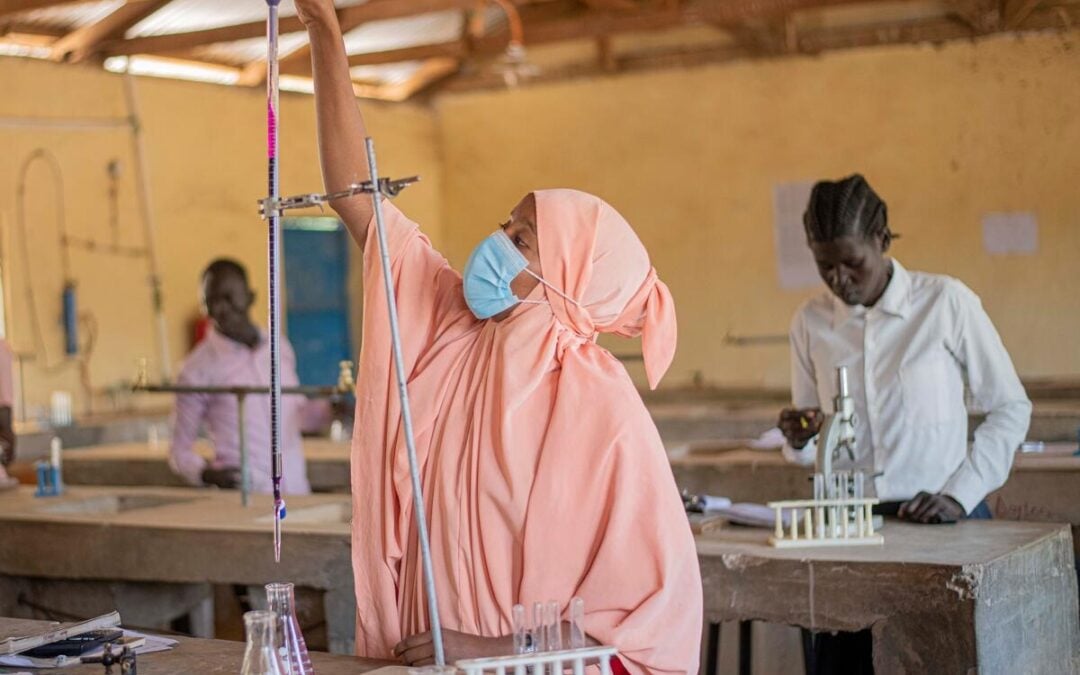
Governments, humanitarian actors, local authorities, and development actors must continue to prioritize gender inequality in the myriad displacement and fragile settings to ensure equitable and effective protection responses and inclusive policies.
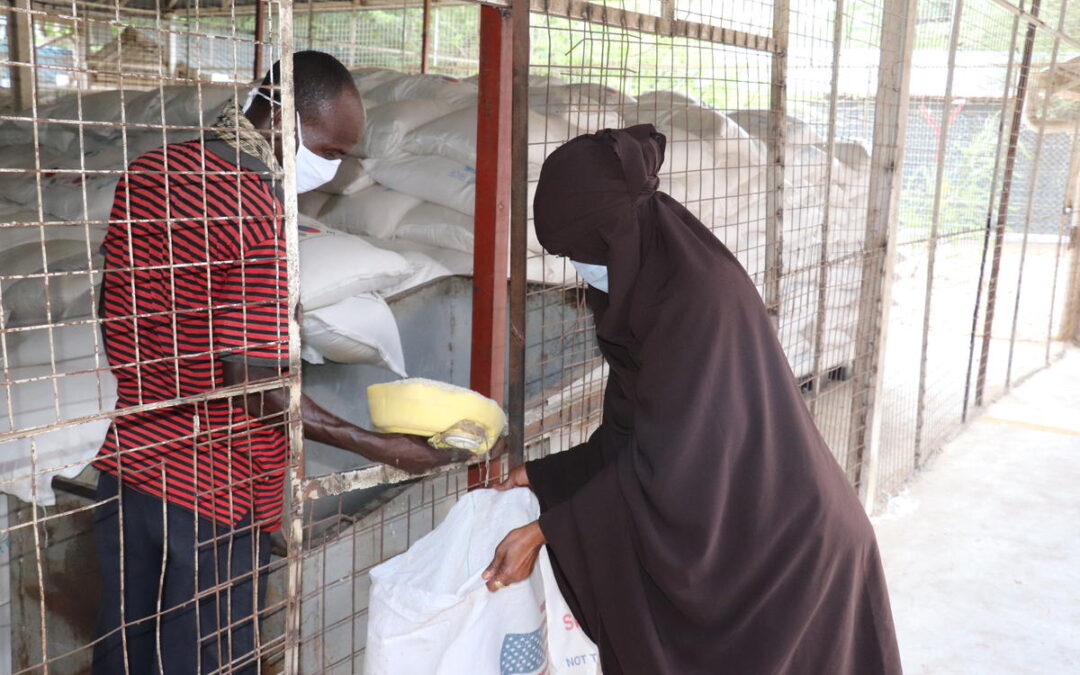
Due to their underlying vulnerabilities, refugees in Kenya are disproportionately more affected by the crisis. They experience higher anxiety related to the risk of COVID-19 infection compared nationals, higher food insecurity, and their employment recovery lag that of the national population.